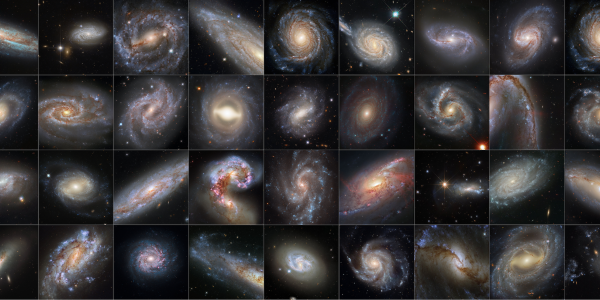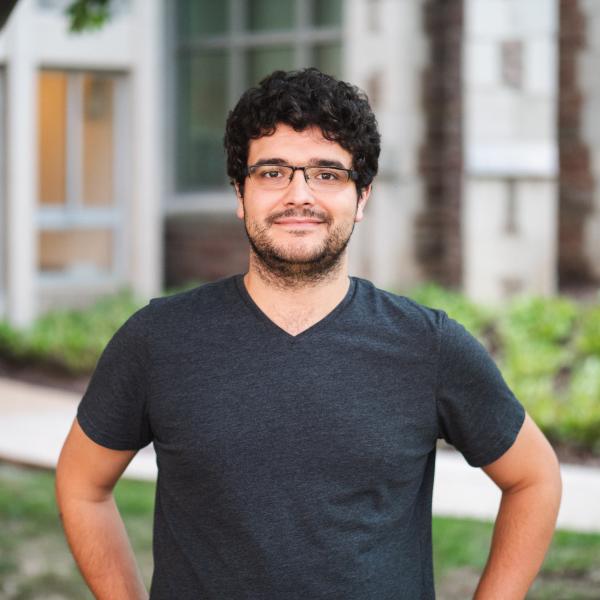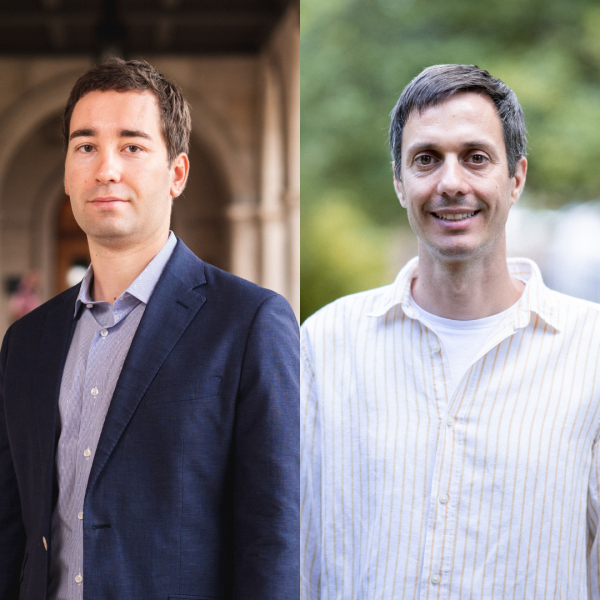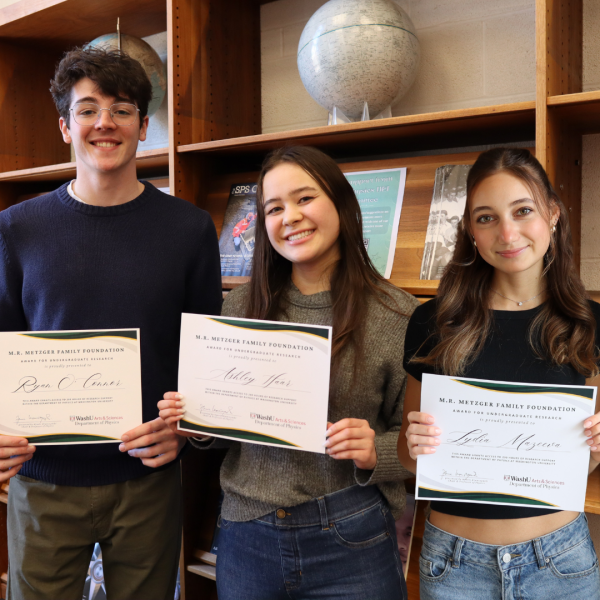In 1929, astronomer Edwin Hubble first discovered that the universe is expanding. Nearly 100 years later, scientists use the Hubble Space Telescope to study an even more surprising phenomenon: the expansion is speeding up, perhaps in response to a mysterious, unexplained "dark energy" filling the universe. On June 7, Nobel laureate Adam Riess will describe how his team discovered the acceleration of the universe and why understanding the nature of dark energy presents one of the greatest remaining challenges in astrophysics and cosmology.
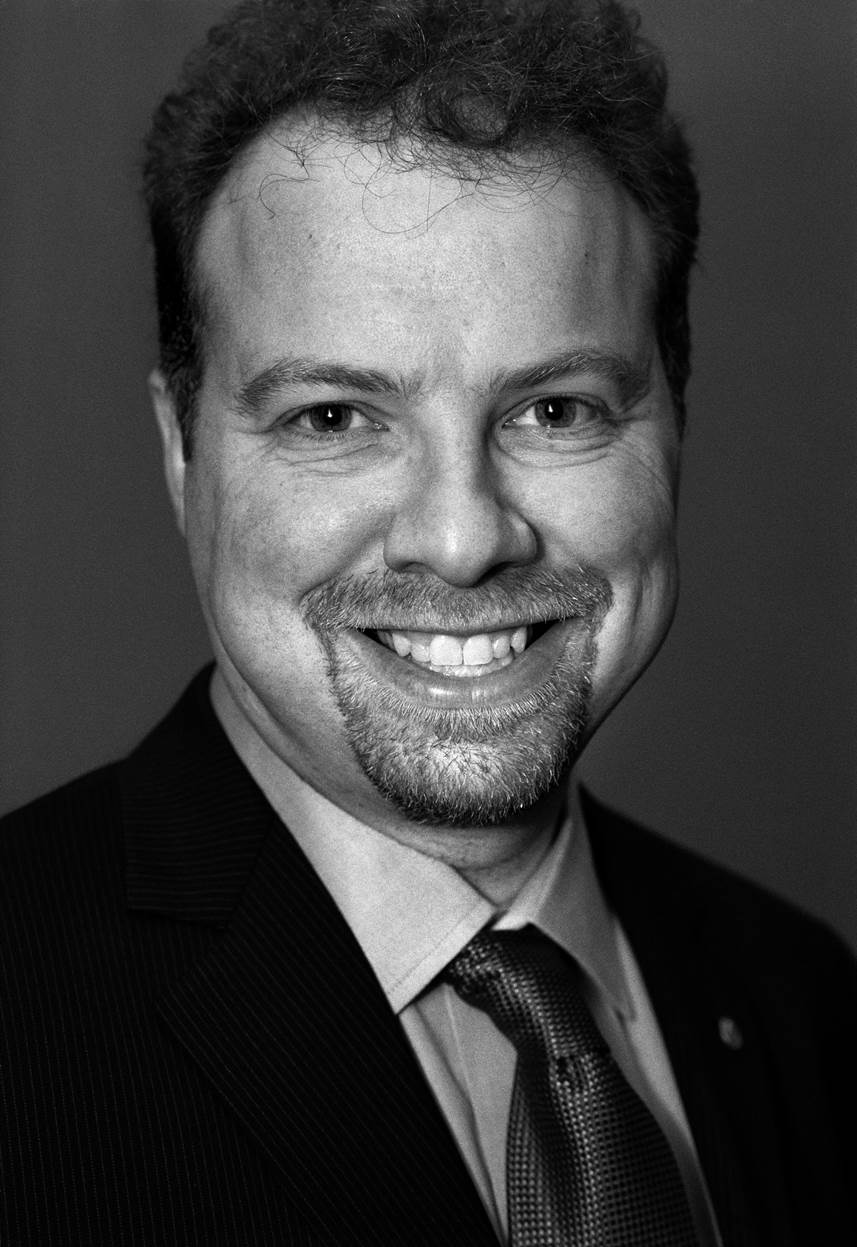
Riess, the Bloomberg Distinguished Professor and Thomas J. Barber Professor of Physics and Astronomy at Johns Hopkins University, a distinguished astronomer at the Space Telescope Science Institute, and a member of the National Academy of Sciences, will deliver a public lecture, “The Surprising Expansion History of the Universe,” on Tuesday, June 7, in Graham Chapel at 7 p.m. The event is part of the 15th International Conference on Interconnections between Particle Physics and Cosmology, which is organized by the Department of Physics at Washington University in St. Louis with support from the McDonnell Center for the Space Sciences and Arts & Sciences.
Riess leads a scientific collaboration called SHOES — or Supernova, H0, for the Equation of State of Dark Energy — that investigates the universe's expansion rate. His research involves measurements of the cosmological framework with supernovae (exploding stars) and Cepheids (pulsating stars), which serve as “cosmic mile markers” for scientists probing the origin of cosmic acceleration.
"I don't care what the expansion value is specifically, but I like to use it to learn about the universe," Riess said in a recent news release from NASA on the biggest and likely last major update on the Hubble constant, which Riess referred to as “Hubble’s magnum opus.”
As part of his distinguished lecture at WashU, Riess will also discuss evidence that the universe continues to defy his and other scientists’ best efforts to predict its behavior.
In 2011, Riess was named a co-winner of the Nobel Prize in Physics and was awarded the Albert Einstein Medal for his leadership in the High-z Supernova Search Team’s discovery that the expansion rate of the universe is accelerating. The discovery was named by Science magazine in 1998 as "the Breakthrough Discovery of the Year." His accomplishments have been recognized with a number of other awards, including a MacArthur Fellowship in 2008, the Gruber Foundation Cosmology Prize in 2007 (shared), and the Shaw Prize in Astronomy in 2006.

